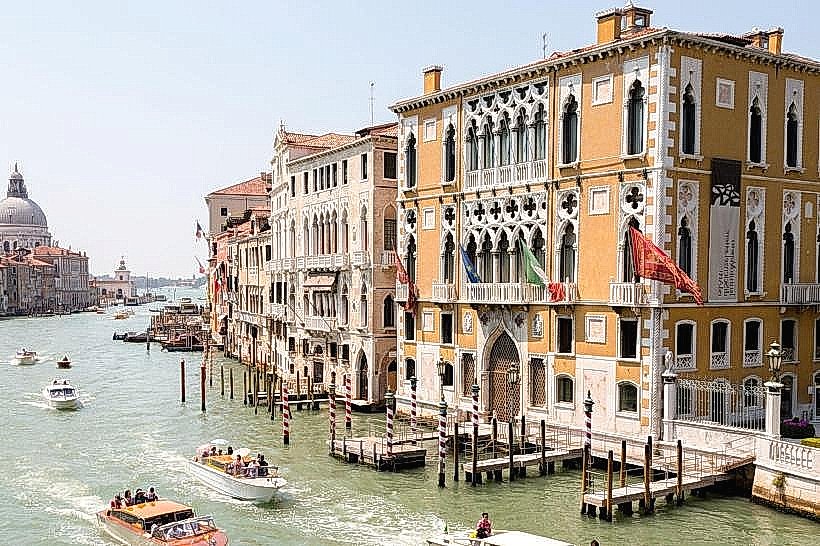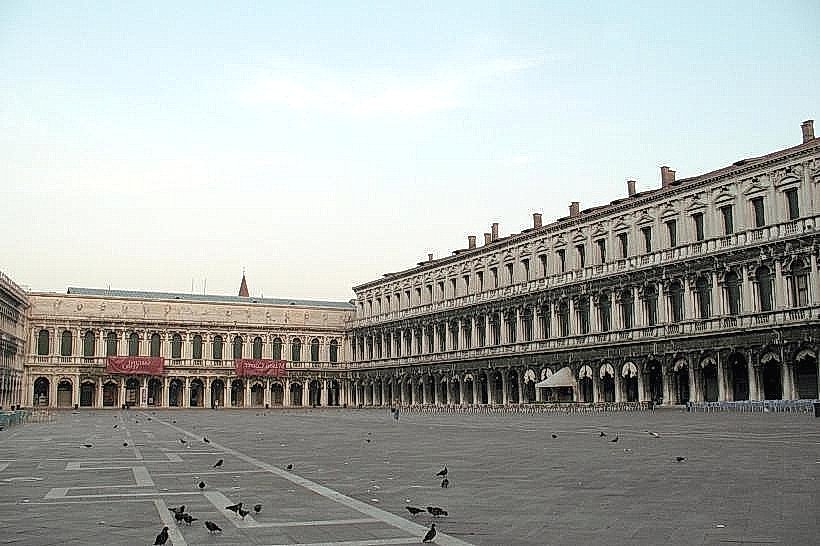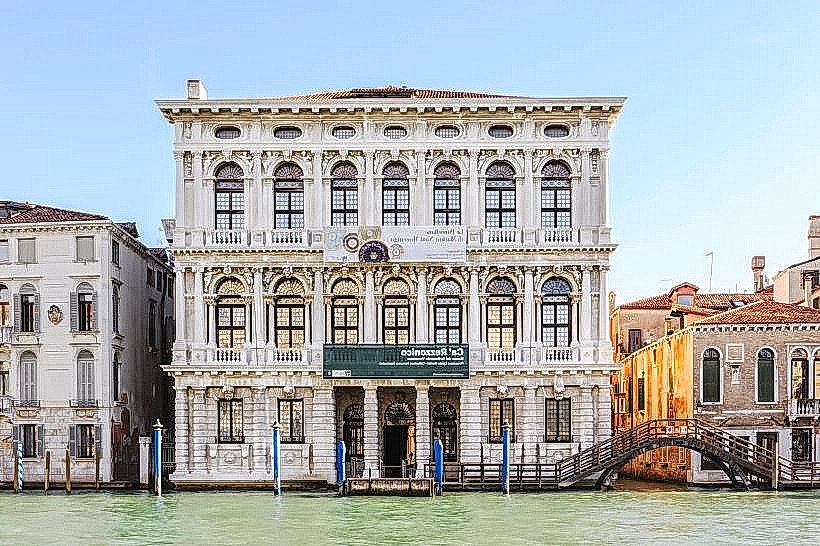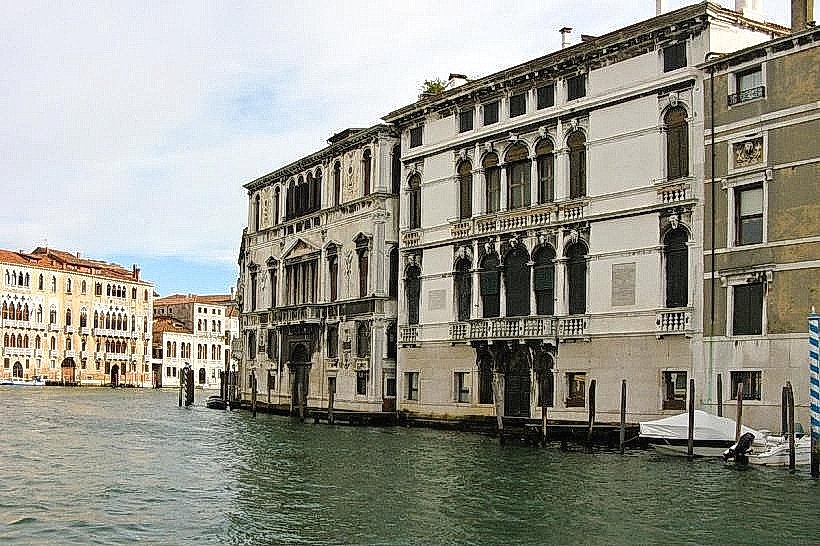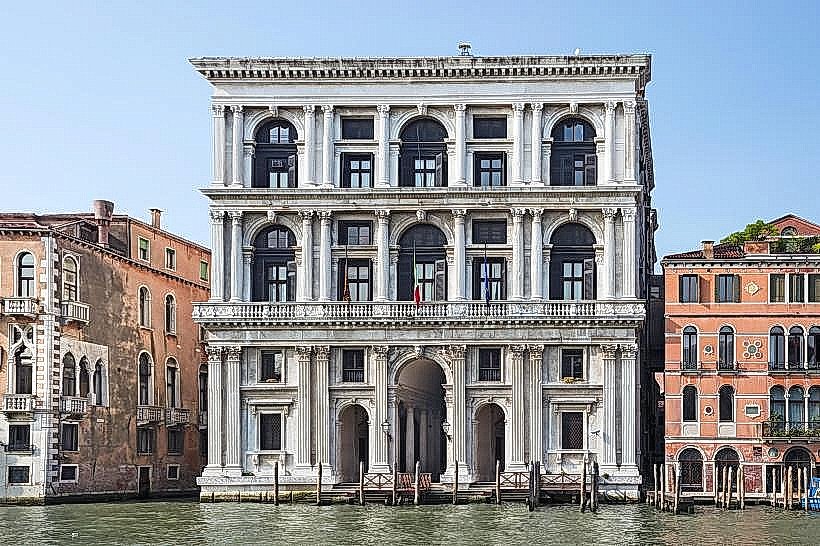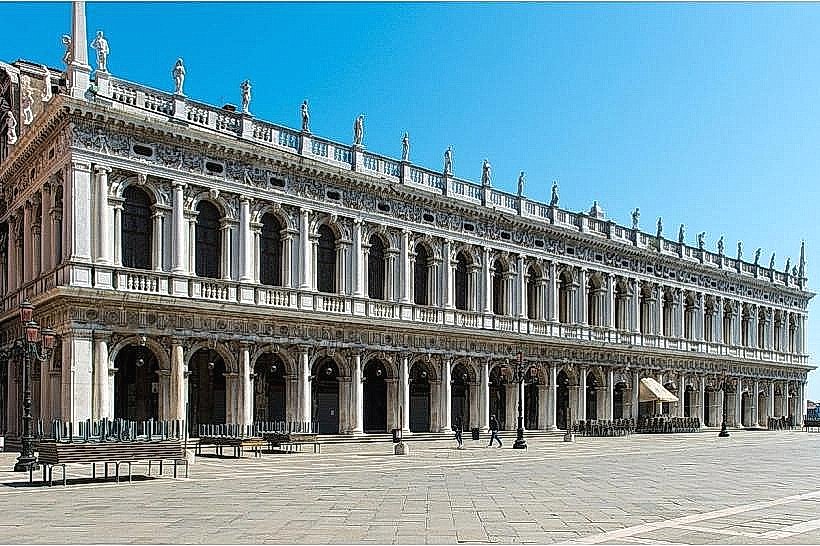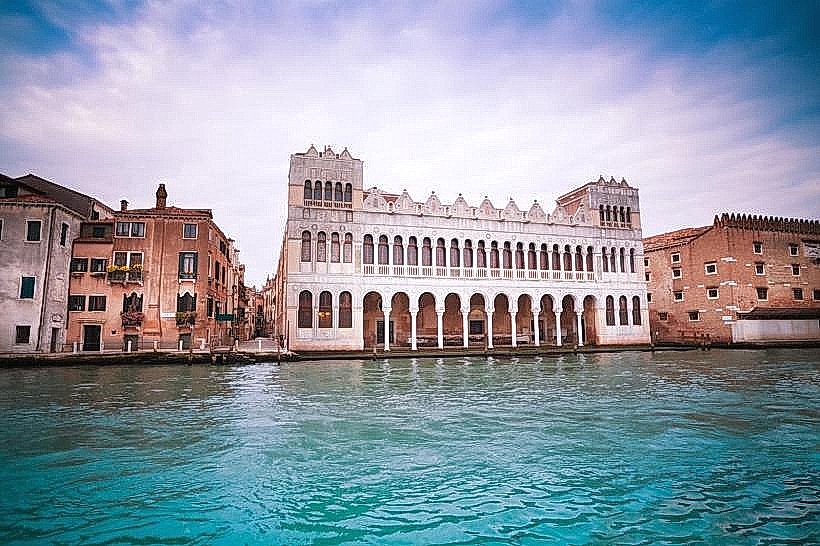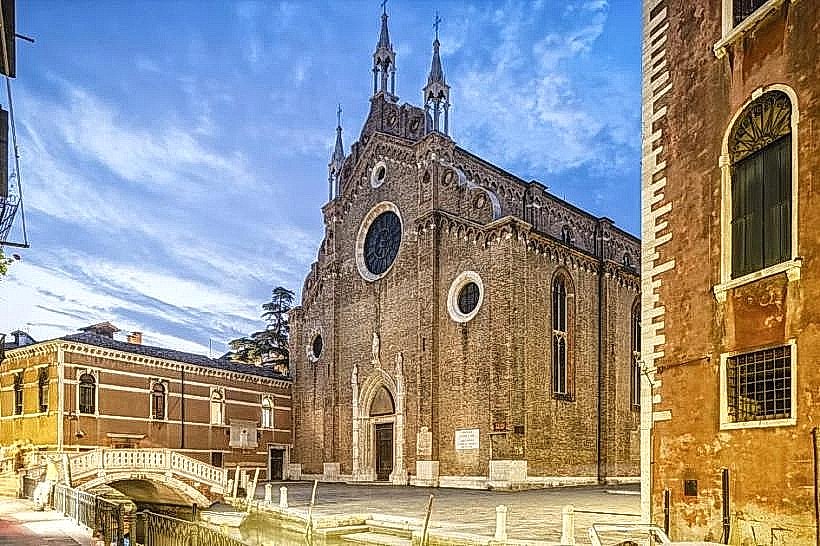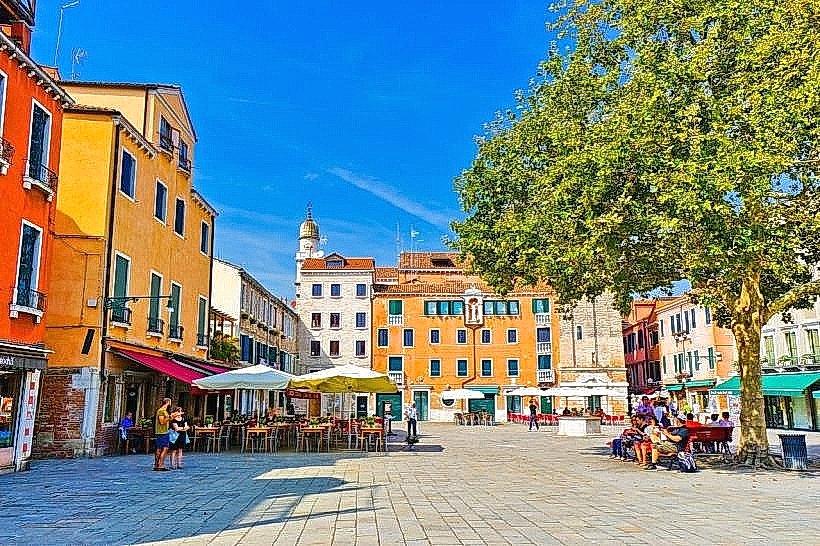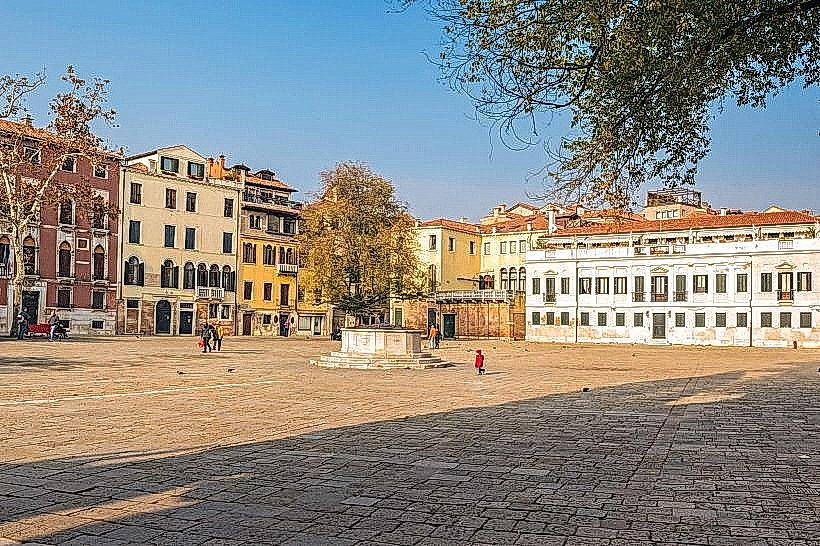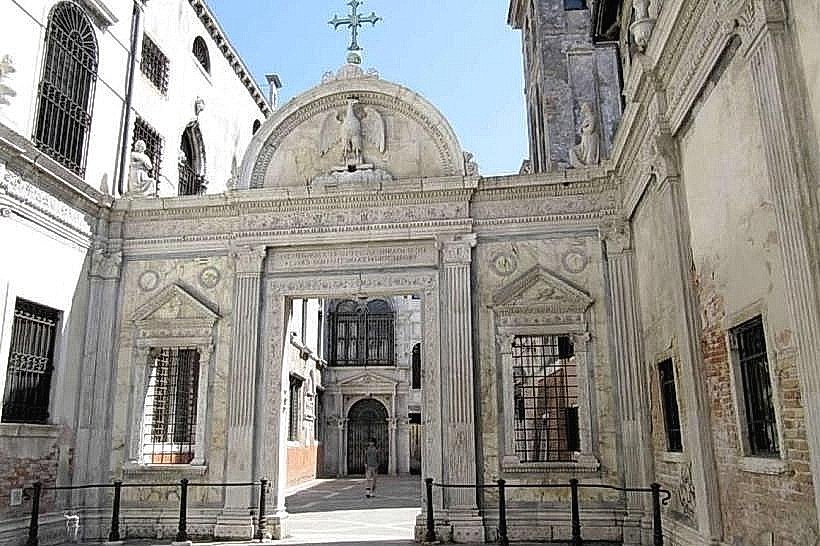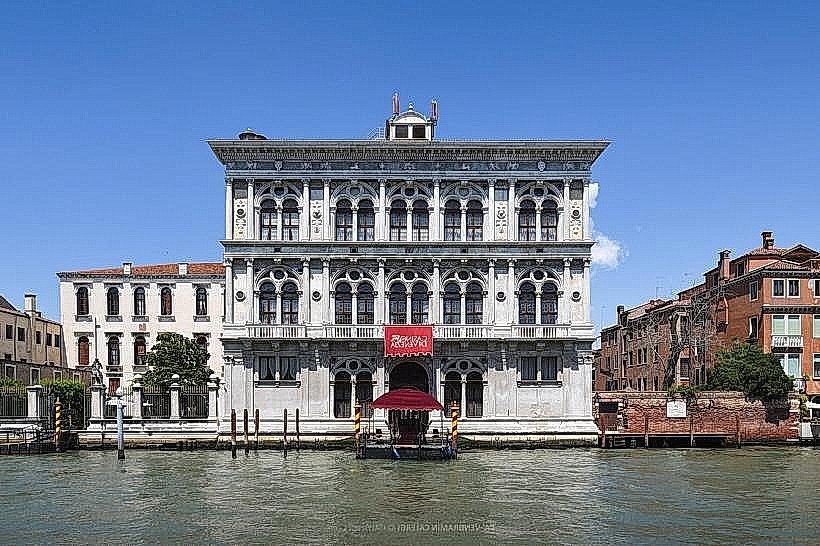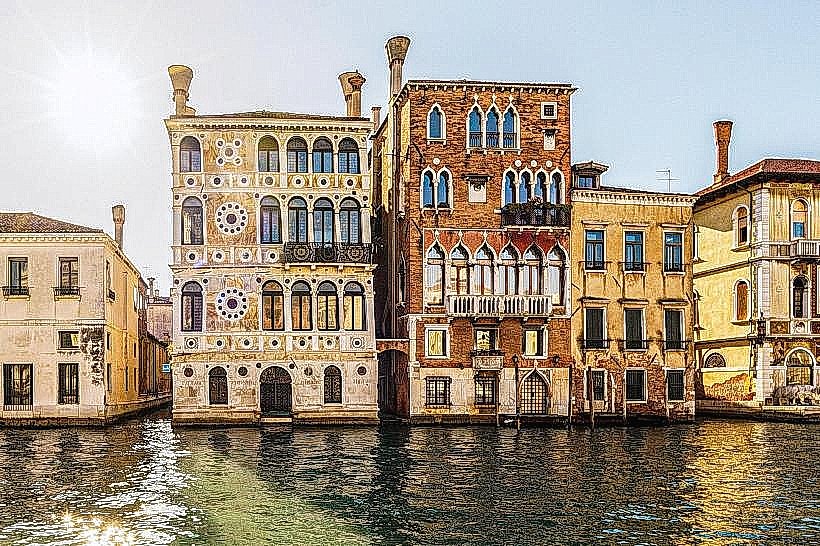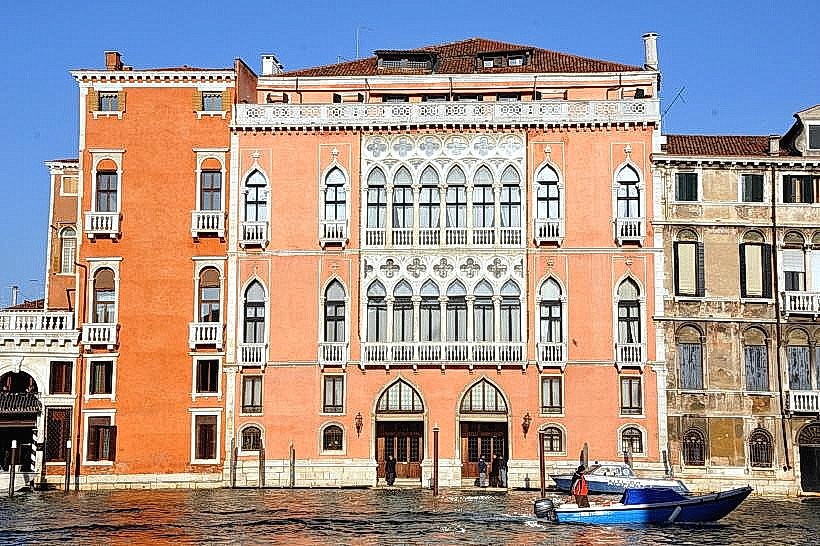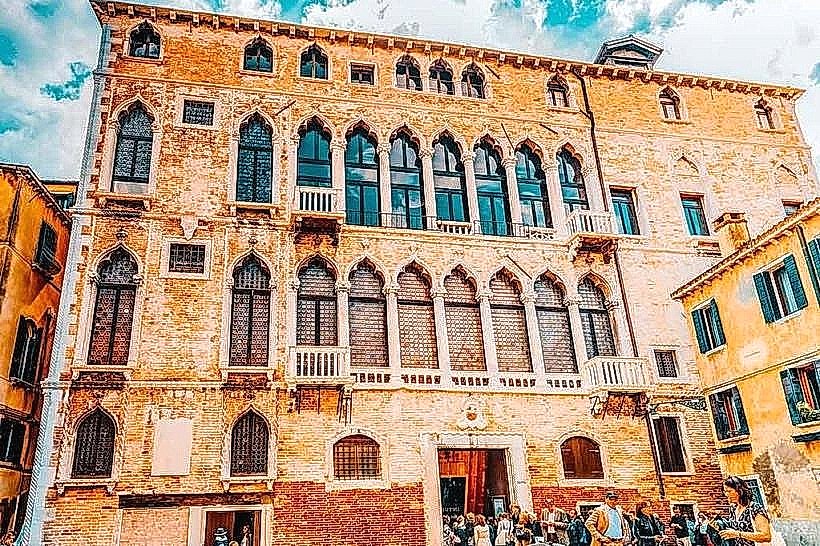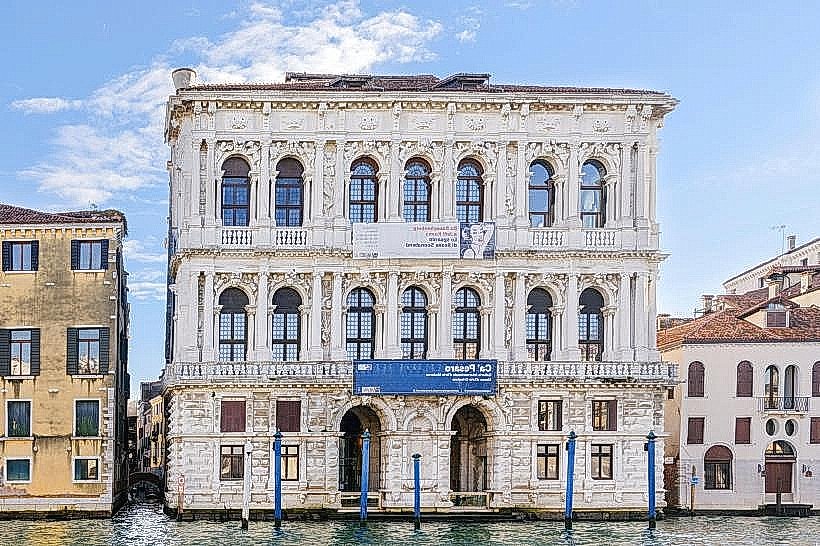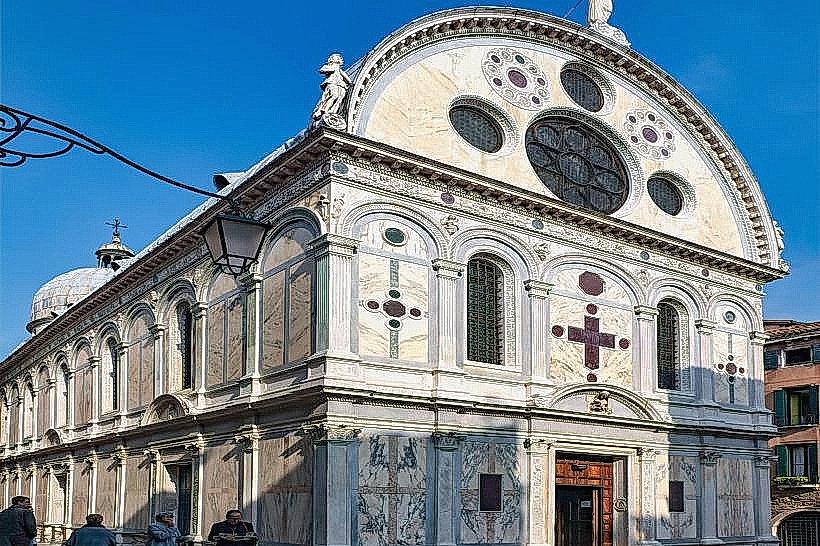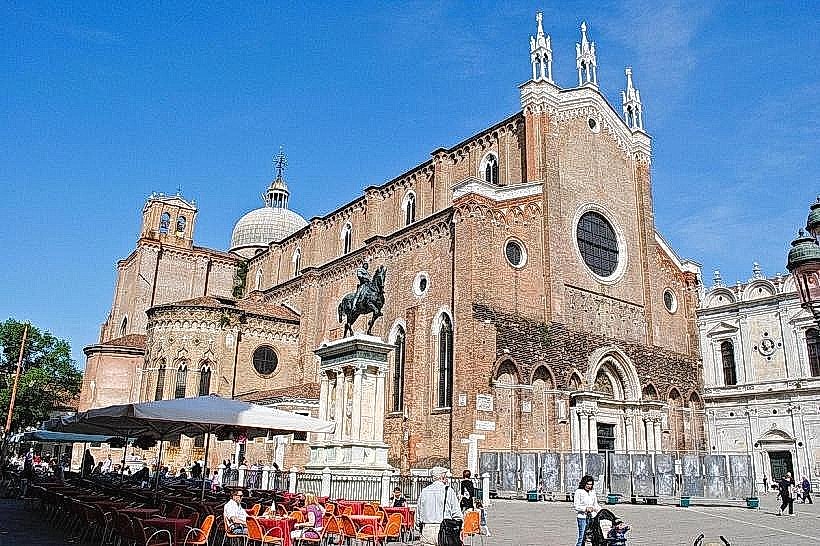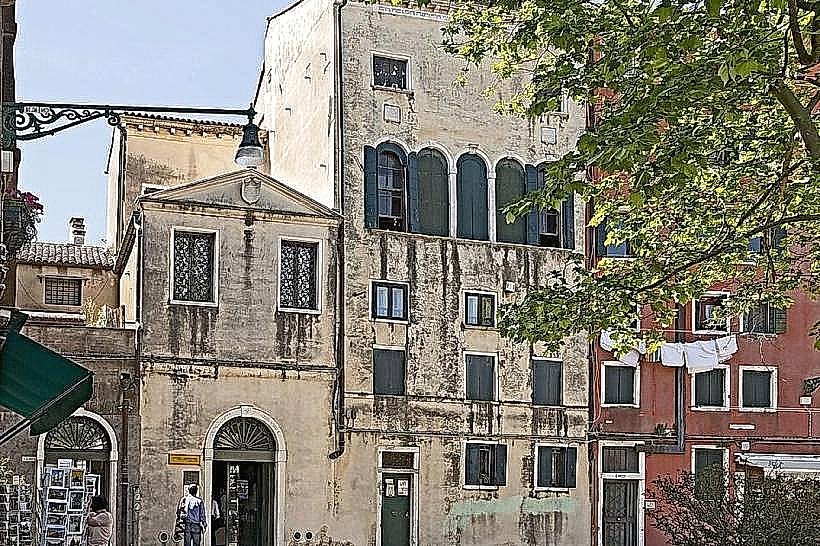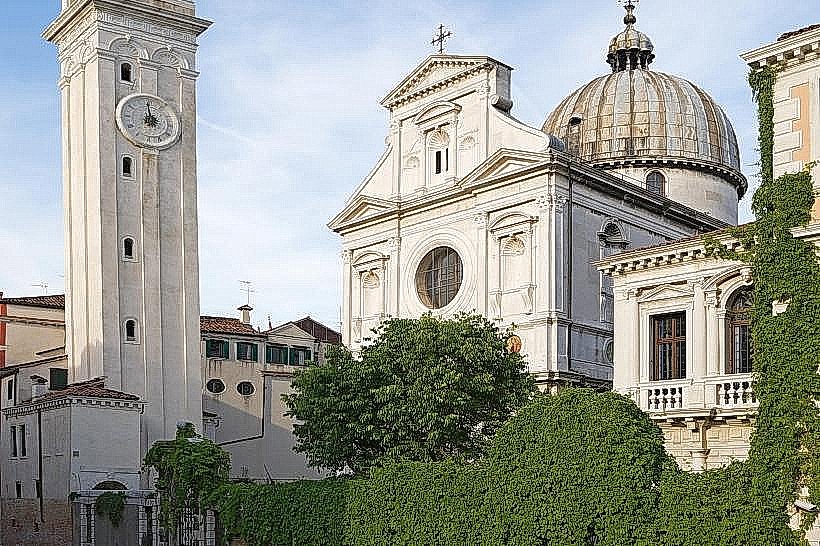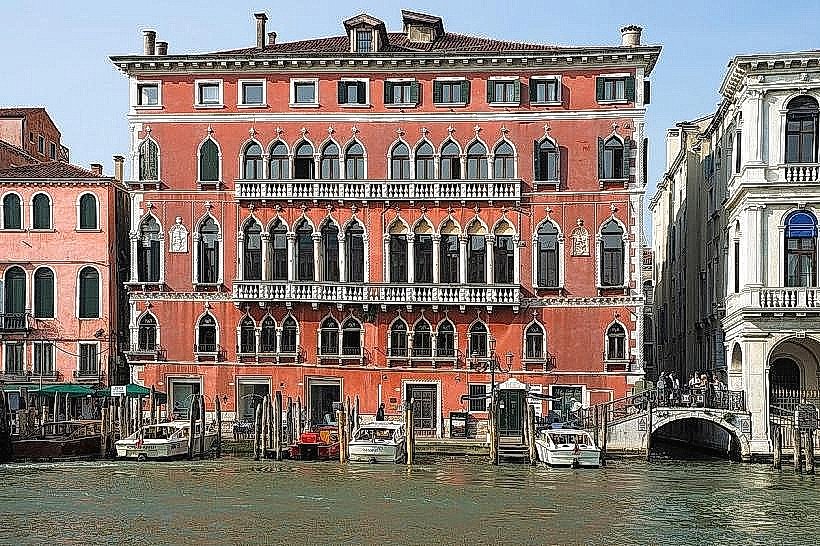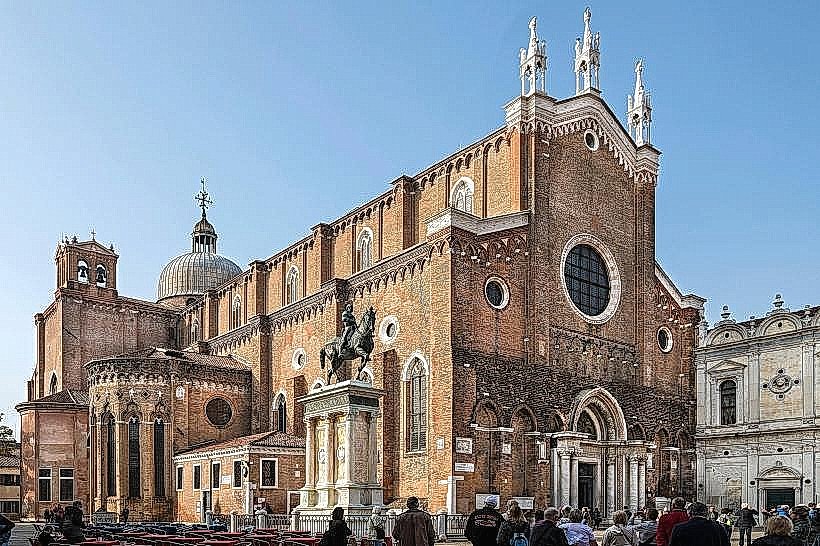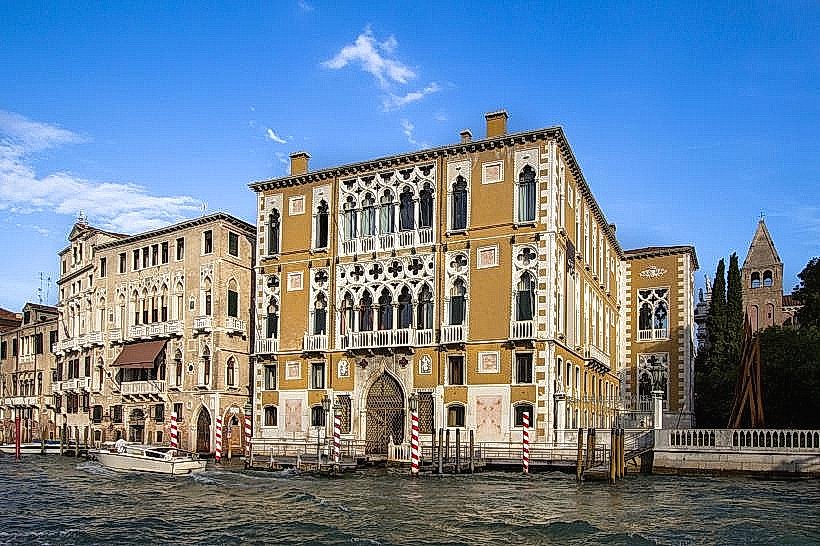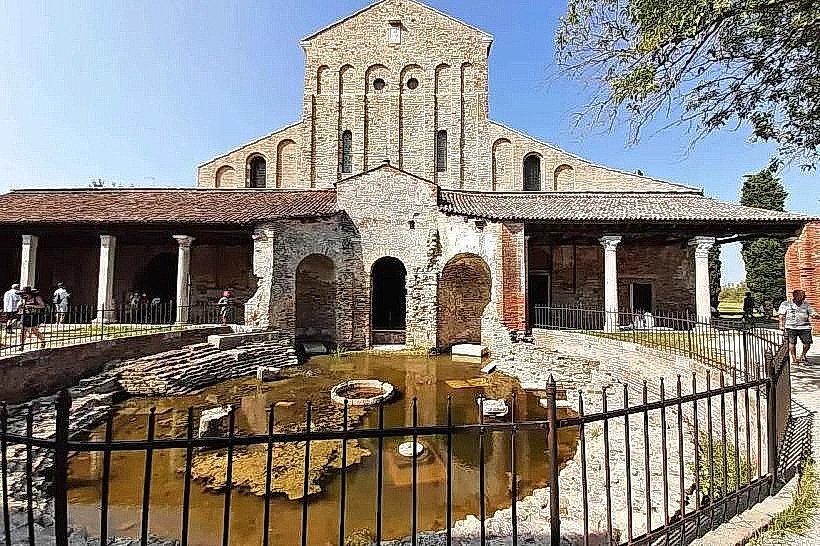Information
Landmark: Church of San SebastianoCity: Venice
Country: Italy
Continent: Europe
Church of San Sebastiano, Venice, Italy, Europe
Located in Venice’s Dorsoduro district, the Church of San Sebastiano is a striking Renaissance church renowned for its rich artistic heritage, particularly the works of Paolo Veronese, who decorated both the interior and the ceiling with vivid frescoes. Dedicated to Saint Sebastian, the church embodies Venice’s ability to merge devotional architecture with monumental visual storytelling.
Historical Background
Construction of the church began in 1506 and was completed in 1570 under the guidance of the architect Antonio Abbondi, known as Scarpagnino. The church was commissioned by the Scuola di San Sebastiano, a confraternity devoted to the saint, who was venerated as a protector against plague. Venice, frequently threatened by epidemics, often built and adorned churches in his honor.
San Sebastiano became a center not only of religious devotion but also of artistic patronage, particularly during the 16th century, when Venetian painting reached its Renaissance zenith.
Architectural Features
The church exhibits a Renaissance style, characterized by harmony, classical proportion, and restrained decoration externally:
Façade: The exterior is composed of simple brick with minimal ornamentation, emphasizing symmetry and classical lines rather than ornate Gothic detailing.
Interior Layout: The interior features a single nave with side chapels, a typical arrangement for Venetian Renaissance churches, designed to focus attention on the altar and the decorative programs along the walls and ceiling.
Ceiling and Vaults: The barrel-vaulted ceiling serves as a canvas for large-scale frescoes, demonstrating the church’s dual role as a site of worship and artistic expression.
Artistic Highlights
The church is most celebrated for the works of Paolo Veronese, whose monumental paintings transform the interior into a vivid narrative space:
Ceiling Frescoes: Veronese painted a series of scenes depicting the Life of Saint Sebastian, combining theatrical composition, rich color, and dynamic figures to draw the viewer into the sacred story.
Wall Paintings: Large canvases cover the nave and side chapels, illustrating biblical episodes and the lives of saints. The painter’s use of light, perspective, and vivid palette exemplifies Venetian Renaissance mastery.
Altarpieces and Chapels: Several chapels contain artworks by Veronese and his workshop, with gold accents and sculptural frames that enhance the overall visual impact.
Other artists contributed to decorative elements, including altarpieces, frescoes, and stucco details, making San Sebastiano a comprehensive gallery of Venetian Renaissance art within a religious setting.
Spiritual and Cultural Significance
San Sebastiano was closely associated with protection against the plague and served as a confraternal hub for the community. The church’s artistic program reflects not only religious devotion but also the cultural and social ambitions of Venice’s wealthy patrons. It demonstrates how the city integrated art into daily life, civic identity, and faith.
Visitor Experience
The interior of San Sebastiano feels immersive and theatrical. Light filtering through the windows illuminates Veronese’s frescoes, highlighting the depth, color, and movement of the painted figures. The cool marble floors and echoing vaults create a sense of quiet reflection, while the richness of the imagery invites lingering observation. Visitors often notice the meticulous attention to detail-the gestures, drapery, and expressions-that bring biblical narratives to life.
Legacy
The Church of San Sebastiano stands as a masterpiece of Renaissance religious art and architecture. Its combination of harmonious design, monumental frescoes, and devotional purpose exemplifies Venice’s cultural sophistication. It remains a site where faith, artistry, and history converge, offering insight into both the spiritual life of Venetians and the enduring power of Renaissance visual storytelling.

